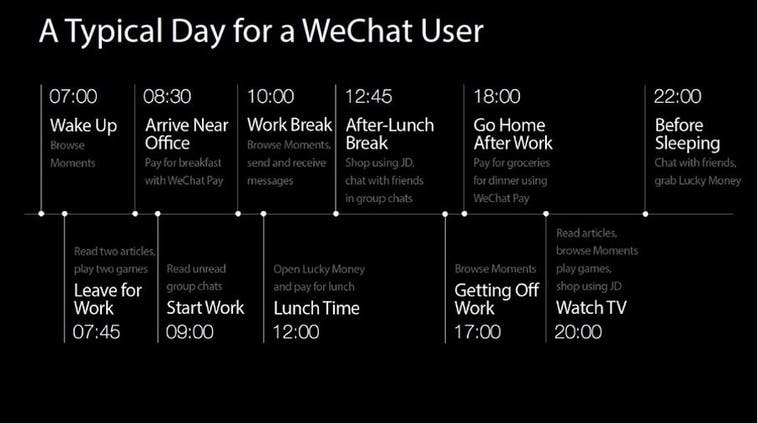From Neue Zürcher Zeitung's TheMarket.ch, April 19:
One of the many announcements of Elon Musk after purchasing Twitter was the promise to turn Twitter into a super app. While a lot of chaos has ensued since his take-over, there are other reasons why the euphoria around the concept of a super app has died down.
Seldom do we find something that both users and providers of a service consider a good idea. The concept of a super app is such a rare case. It promises to provide utmost convenience for its users as they can access a variety of services just from one app, enjoying seamless integrations and no need to install and switch between various applications.
For the service providers of a super app, the benefits are also clear: they keep users tied to their ecosystem, creating more engagement and more opportunity to collect data. This allows them to position their own services more favorable than those of competitors, which are not part of the super app. Basically, the concept of a super app applies the logic that we have seen with mobile operating systems such as iOS from the macro to the micro level.
The concept is not a purely theoretical one. The most known super app in actual existence is probably WeChat by the Chinese company Tencent. From messaging to shopping and food delivery, all activities over the course of a day can be handled from inside the app's growing ecosystem.
Needless to say, this concept and its economic success – WeChat enjoys over 1.2 billion users – have spawned quite a few imitators, not just in Asia but around the world. Microsoft has announced building a super app even before its interest in artificial intelligence. Also Elon Musk announced that with his purchase of the social media platform Twitter, the next step will be to turn it into a super app ominously named «X» and bringing new features to the messaging and microblogging service in true WeChat fashion.
Super app: not a super idea
There's no reason except regulator hate that we wouldn't see TwitterPay or somesuch.
Musk's problem is that he poses such a threat to the corporate/government communication oligopoly with Twitter and soon with TruthGPT, that the powers-that-be and their bad-mouthing minion echo chamber, are bound and determined to take him down one way or another, be it in one fell swoop by cancelling contracts with SpaceX or by a thousand cuts with internet regulation.
